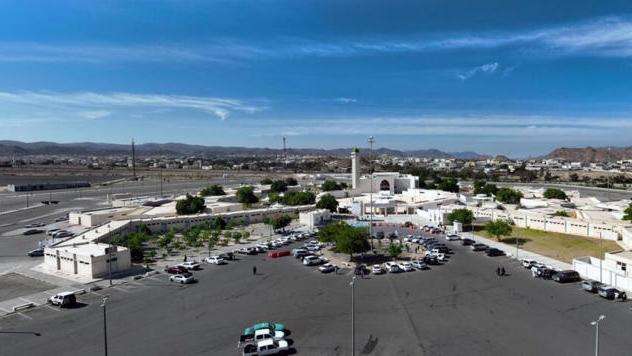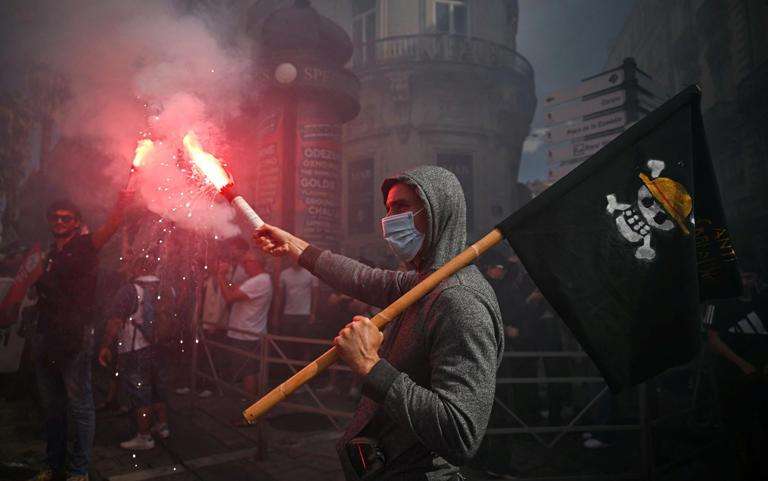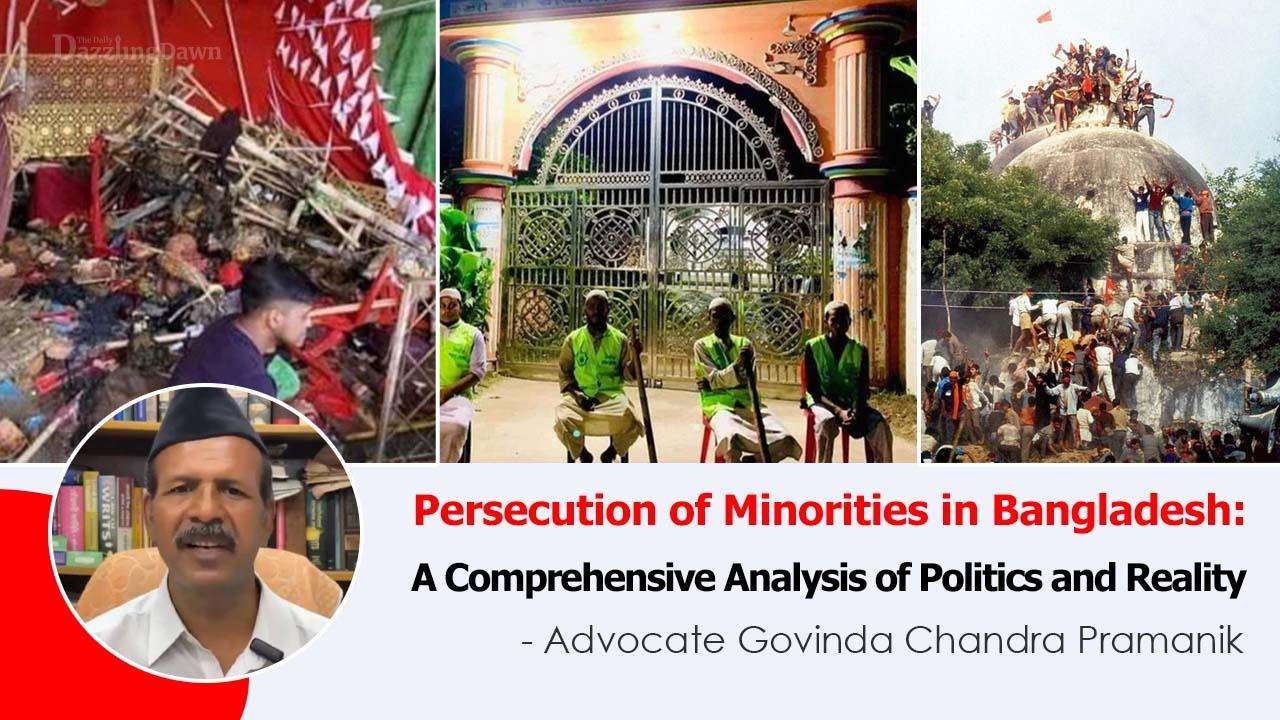The minority communities in Bangladesh have repeatedly faced persecution. In a country rich with diversity in religion, ethnicity, and culture, such incidents cast a shadow over its history. These acts of violence are not only a threat to communal harmony but have also become a strategic tool for both domestic and international political players.
A Historical Review: Riots, Conspiracies, and Political Agendas
The persecution of minorities in Bangladesh is not a recent phenomenon. Over the years, these incidents have occurred under various pretexts, yet one fact remains clear—they are largely driven by political motives.
The Babri Mosque Incident of 1992 and Its Impact on Bangladesh
The demolition of the Babri Mosque in India in 1992 left an indelible mark on Bangladesh’s political landscape. Sheikh Hasina's Awami League allegedly sought to exploit the situation for political gain. In Matiur Rahman Rentu’s book "Amar Fashi Chai" (I Demand My Execution), it is claimed that Sheikh Hasina directed her APS Rentu to orchestrate attacks on Dhakeshwari Temple and other Hindu temples in Dhaka.
Her alleged strategy, as described, was to incite communal riots, thereby diverting attention from a mass tribunal organized by Jahanara Imam and others, who sought to hold war criminals accountable for atrocities during Bangladesh’s Liberation War. Hasina reportedly believed such chaos would weaken their movement and bolster her political position. This plan not only destabilized the country but also inflicted significant harm on the lives and properties of minority communities.
The 2021 Durga Puja Violence: A Calculated Conspiracy
In 2021, widespread violence against Hindus erupted, beginning in Cumilla and spreading across 21 districts, including Chandpur, Noakhali, and Chowmuhani. Temples, homes, and businesses belonging to the Hindu community were attacked.
Allegations surfaced implicating the local MP from Cumilla, AKM Bahauddin Bahar, in orchestrating these events. Many believe this was a deliberate attempt to instill fear among minorities while using the incidents to discredit opposition parties on the international stage.
The 2001 Minority Persecution and Awami League’s Conspiracy
When the BNP-Jamaat coalition came to power in 2001, the Awami League accused them of orchestrating violence against minorities. Activists like Shahriar Kabir were instrumental in spreading exaggerated claims abroad.
Despite forming an inquiry commission in 2008 after returning to power, the Awami League failed to conclude investigations or prosecute the alleged perpetrators, even after 15 years. Out of 8,000 complaints submitted, only 5,000 were accepted for review, yet no significant action was taken.
The Gopalganj Incident: A Political Trap
Discussions with locals in Gopalganj revealed that the minority persecutions in 2001 were part of a larger scheme orchestrated by Awami League leaders like Tofail Ahmed. Central leaders reportedly mobilized people from across the country to create chaos, leading to some BNP-Jamaat leaders unknowingly falling into the trap.
The Political Reality Behind Minority Persecution
The repeated persecution of minorities in Bangladesh highlights that such incidents are not purely communal but politically engineered.
The Awami League has often leveraged minorities for its political gains.
Conversely, it has accused opposition parties of minority oppression to garner international support and discredit them.
Now Is the Time to Build, Not Resist
Bangladesh stands at a pivotal crossroads. Under the leadership of Dr. Muhammad Yunus, with support from the United Nations, the European Union, and the United States, constitutional reforms are underway to establish an interim government.
This moment offers a golden opportunity to ensure the safety of minorities and learn from past mistakes. Instead of focusing on resistance, the focus should shift to nation-building.
Let Bangladesh become a safe haven for people of all religions, ethnicities, and cultures. Rectifying past errors and paving the way for a better future is essential for the nation’s progress and communal harmony.
--
Writer: Advocate Govinda Chandra Pramanik, General Secretary, Bangladesh National Hindu Grand Alliance


_7.jpg)

_8.jpg)



.svg)
